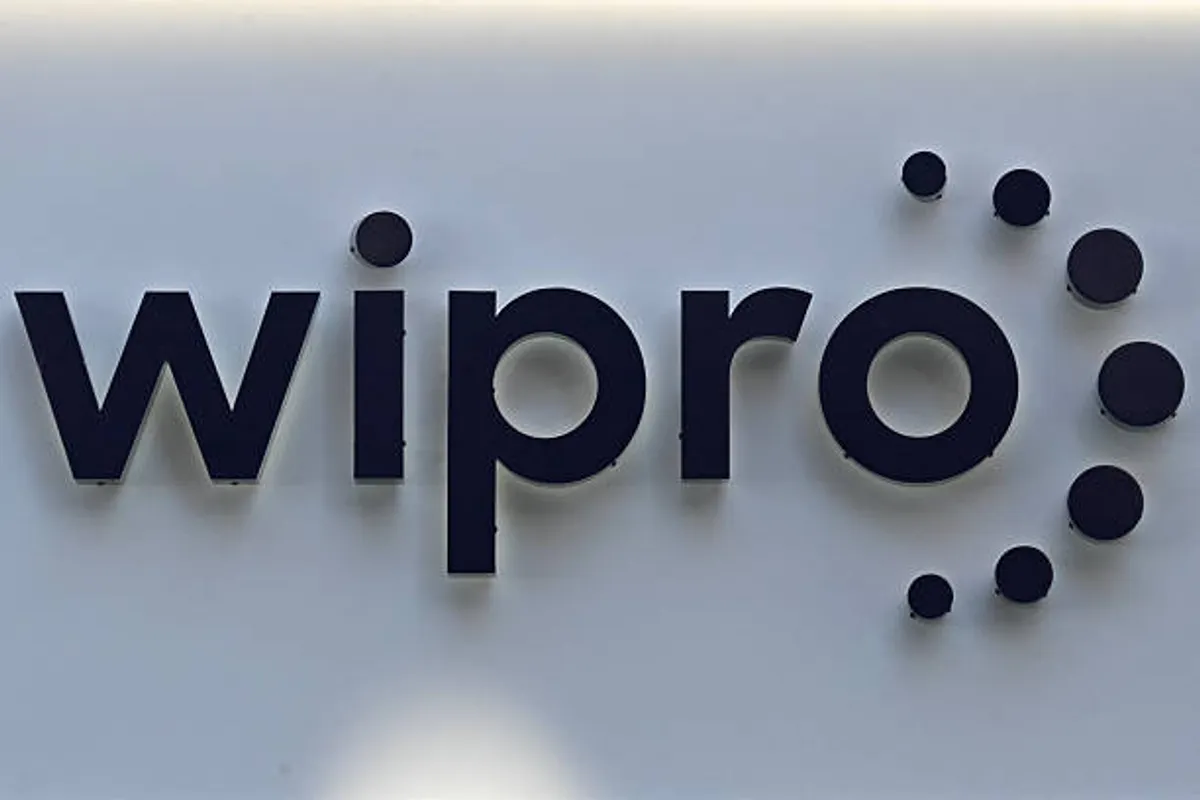EU Launches Antitrust Investigation into Google’s Search Spam Policy

GeokHub

The European Commission has opened a formal antitrust investigation into Google LLC’s spam-prevention policy after concerns that the approach may be unfairly penalising news publishers and other legitimate websites. The probe centres on Google’s “site reputation abuse” policy, designed to crack down on so-called parasite SEO—where third-party content is placed on higher-ranking sites in an attempt to benefit from their ranking signals.
According to the Commission’s monitoring, the policy appears to demote websites that publish content from commercial partners, thereby impacting a recognised monetisation route used by publishers. Regulators are concerned that this may breach the Digital Markets Act by failing to treat publishers in a fair, reasonable and non-discriminatory manner. The investigation raises the possibility of substantial fines—up to 10 % of global turnover—should a violation be confirmed.
Google has responded by defending the policy as essential to maintaining the quality of search results and protecting users from manipulative tactics. The company labelled the investigation “misguided” and referenced a German court ruling that upheld its anti-spam approach.
Analysis / Impact:
This investigation marks a new front in the ongoing regulatory pressures facing tech giants. For Google, the case underscores that even policies intended to guard against abuse can come under scrutiny for their competitive and market-impact consequences. If the Commission finds in favour of publishers, it could force changes to how search results are ranked and how anti-spam policies are applied—setting a precedent for platform governance and content-monetisation models.
For publishers and content creators, the action signals that business models relying on partner content or second-tier monetisation could face further instability. Their ability to earn from web traffic may increasingly depend not just on content quality but on platform algorithm fairness and regulatory enforcement.
In broader terms, for emerging markets including Africa and Nigeria, the case highlights the importance of understanding how global platform policies affect local publishers and digital economies. As multinational platforms adapt to regulatory risk in the EU, shifts in visibility, traffic flows and monetisation may spill over into other regions. Local stakeholders may need to monitor how changes in search-ranking policies affect access, discoverability and revenue in underserved markets.








